As a first-time mother, instead of the happiness and contentment that was expected, you may find yourself overwhelmed by growing feelings of irritability, restlessness, and even explosive moments of anger. This phenomenon is called postpartum rage, which often goes unrecognized if the traditional signs of postpartum depression – such as crying, sleep disturbances, or anxiousness about new transitions – are not present. For some mothers, their emotional expression may be manifested as frustration or anger.
That’s why your doctor might give you a questionnaire that inquires about your levels of anger during a postpartum visit – because these feelings are strongly associated with postpartum moods. Research shows that women who experience both depressive symptoms and outbursts of anger can have depression for extended, more intense periods due to the difficulty of maintaining healthy, positive communication with others.
Typical signs of postpartum rage include:
- Intense anger
- Extreme irritability
- Feelings of powerlessness
- Excessive crying
- Anxiety
- Sleep problems
- Distancing from loved ones
- Little interest in the baby
- Apathy toward daily activities
- Feelings of worthlessness
There are a variety of contributing factors to postpartum rage, such as:
- Depression history in the family – near or distant
- Alterations and transformations in life such as transitions in routines, work schedules, relocation, finances, etc.
- Absence of sleep – lack of sleep can be a leading factor in many mental health difficulties and certainly play a factor in mood fluctuation
- Sudden hormonal changes post-birth – the sudden drop of hormones post-birth is something to keep in mind to bring forth awareness towards bodily changes
Recognizing and addressing these feelings and potential risk factors is essential in helping mothers handle the complexities of postpartum rage.
Tips for a smooth(er) transition:
Bringing a child into the world means being fully prepared to take on all of its ups and downs. Yet, too often, parents neglect talking about what may happen after they’ve welcomed their newborn son or daughter at home. Doing so could relieve both parents’ stress levels while making important discoveries as well; lessons that would shake up their entire perspective after becoming parents!
Communication becomes crucial during periods when couples experience disagreements over parenting approaches.
One way to improve this relationship is by sitting down with each other prior to bringing your child(ren) into this world to ask hard but necessary questions and discussion regarding relational changes. This can make a huge difference and impact your role as a parent and your relationship with your significant other.
Hormonal imbalances, caring for an unpredictable newborn, and learning your new role as a parent can bring many challenges and a lot of unknowns. It can be beneficial to talk with your partner about different scenarios and how you can both tackle the situation as a team and consider ways to be supportive of one another.
Here are some conversations and questions to consider before bringing that new bundle home or adding to the family:
-
- How may the change from one child to multiple children change the dynamic of our family and how to embrace the change?
- If you’re first-time parents, how will this change your marriage and the dynamic of your everyday life – your relationship, your work, your priorities/responsibilities, and maintaining times for self-care and quality time?
- Setting realistic expectations and boundaries for one another.
- Discuss morals and values you’d like to instill within your children and how you can implement this together.
- During situations of little sleep and difficulties managing the unpredictable behaviors infants may bring, what are ways we can assist one another?
- Any concerns or worries you both have to have that openness in conversation to be able to support one another
- Educate yourselves – whether that be through courses, reaching out to a mental health provider to gain insight on how to implement effective coping mechanisms prior to the baby’s arriving, or having open conversations with friends/family for different perspectives.
- Talk about your excitement! Things you look forward to doing as a family, how your relationships evolve, how these challenges can bring you closer to one another, etc.
If you have not had the chance to discuss these questions or discussion points with your partner, that’s okay! There are still ways to work on building that effective communication with one another. It could be that moms feel disregarded and struggle to converse with their partner, or it may be that partners don’t know how to communicate their emotions and need help in supporting the other person. Writing down your thoughts and views can help break down how to constructively handle the situation and offer both parties an understanding of the issue.
In addition, journaling your thoughts can provide a timeline to track your growth in different capacities and how you transition in them.
In conclusion, postpartum rage can be a difficult experience for new parents. However, if you seek help early on, it can make all the difference. Working with a life transition therapist is one way to deal with the emotions involved with postpartum rage, and it can be extremely beneficial for families who are going through this together. With the help of a professional, couples can learn how to deal with these issues in an effective way while also maintaining their connection with one another. If you or someone you know is experiencing postpartum rage, please don’t hesitate to contact Renewed Wellness Counseling for help and support.
Begin Working With A Life Transition Therapist in New Bern, NC
Our team would be honored to support you in navigating the new experiences that come with having a newborn from our North Carolina based practice. You deserve support in improving communication with your partner You can start your therapy journey by following these steps:
1. Fill out this consult form.
2. Learn more about our skilled therapists.
3. Start improving your quick thinking abilities!
Other Services Offered With Renewed Wellness Counseling
Our team knows you may struggle with a variety of mental health issues as you navigate life transitions. This is why we are happy to offer support for your mental wellness from our New Bern, NC-based practice. Our therapists specialize specifically in therapy for military families, chronic illness counseling, and addiction counseling. We also offer anxiety therapy and trauma therapy. Let’s work together to get you to a good place!








